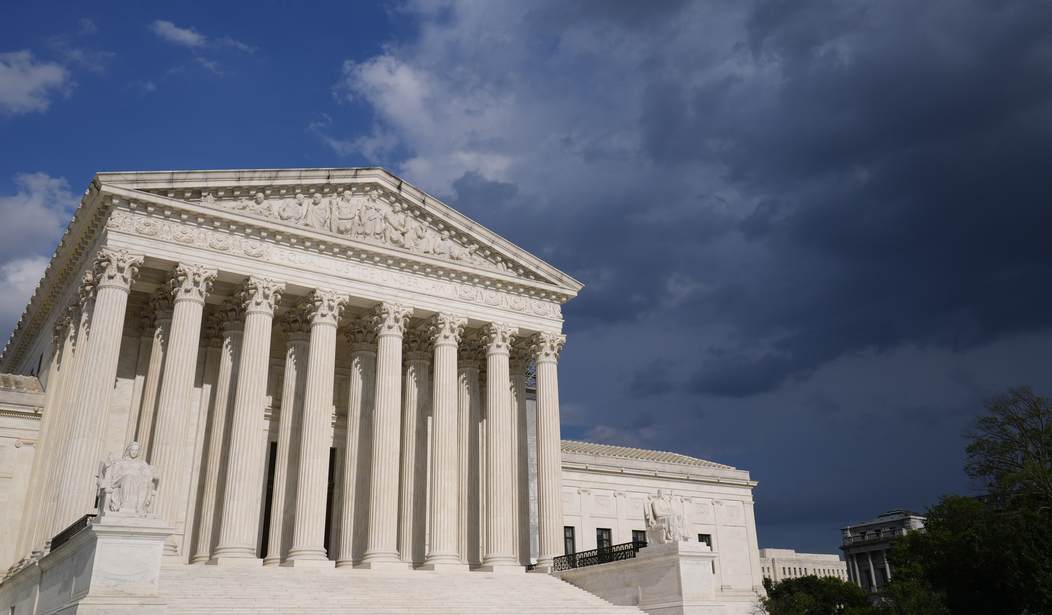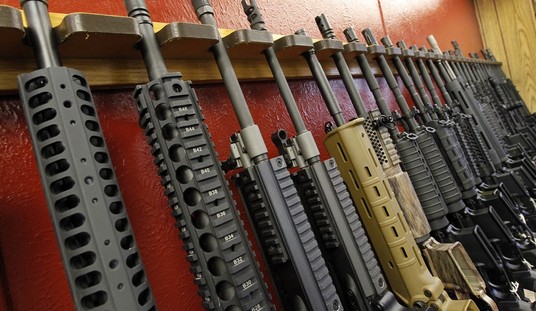Earlier this year attorney Jonathan Lowy was on the losing end of a unanimous Supreme Court decision tossing out Mexico's $10-billion lawsuit against multiple U.S. gunmakers that accused them of knowingly aiding and abetting cartel violence south of the border. Lowy, who used to head up the litigation team at Brady before launching his own group called Global Action on Gun Violence, worked directly with the Mexican government in filing the lawsuit, only to be slapped down by all nine members of the Court, who held that because Mexico had not "plausibly allege[d] that the defendant gun manufacturers aided and abetted gun dealers’ unlawful sales of firearms to Mexican traffickers," the lawsuit was precluded by the Protection of Lawful Commerce in Arms Act that was signed into law 20 years ago.
Well, Lowy's not giving up. Now he's taking aim at the PLCAA itself and asking the Court to strike it down as unconstitutional.
Last week Lowy filed a cert petition with the Supreme Court asking them to take up the case of Gustafson v. Springfield, Inc., d/b/a Springfield Armory after the Pennsylvania Supreme Court ruled that the Gustafson's lawsuit against the gunmaker was also a violation of the PLCAA.
After the couple's 13-year-old son J.R. Gustafson was shot and killed by his 14-year-old friend in 2016, the Gustafson's sued Springfield Armory and Saloom Department Store (which sold the firearm); alleging defective design, negligent design and sale, and negligent warnings and marketing. After bouncing around the Pennsylvania courts for several years, in March 2025 the PA Supreme Court finally issued its decision:
The Supreme Court of Pennsylvania reviewed the case and determined that the PLCAA barred the Gustafsons' action. The court found that the action constituted a "qualified civil liability action" under the PLCAA, as it was a civil action against a manufacturer and seller of a qualified product for damages resulting from the criminal or unlawful misuse of a firearm. The court also concluded that the product liability exception did not apply because the discharge of the firearm was caused by a volitional act that constituted a criminal offense.
The court further held that the PLCAA was a valid exercise of Congress's Commerce Clause authority and did not violate the Tenth Amendment or principles of federalism. Consequently, the Supreme Court of Pennsylvania vacated the Superior Court's order and remanded the case for reinstatement of the trial court's dismissal of the Gustafsons' complaint.
In his cert petition to SCOTUS, Lowy contends that the state Supreme Court got it all wrong, and that the PLCAA is not a valid exercise of Congress's Commerce Clause authority nor a violation of the Tenth Amendment.
Indeed, PLCAA does not regulate commercial activity or the firearms industry in any way; it simply “regulates” States and state courts, requiring them to dismiss prohibited common-law actions, and victims of gun industry negligence, who are prohibited from bringing certain actions. That is not commercial activity that can serve as a permissible basis for Congress’ Commerce Clause authority. And liability based on legislative standards burdens commerce just as much as identical liability based on common law.
I'll leave Lowy's argument about common law versus legislative law to the lawyers, but his contention that the PLCAA violates the Commerce Clause of the Constitution is a head-scratcher. Like it or not, the Supreme Court has given Congress broad leeway to regulate commerce, even on items that never actually leave the state where they're manufactured. And the "dormant Commerce Clause" theory that's been adopted by the Court restricts states from enacting laws that unduly burden or discriminate against interstate commerce, which would absolutely cover laws meant to punish firearm manufacturers for criminal acts committed by a third party.
As someone who's experienced the untimely death of a child, my heart goes out to the Gustafsons. But their son's death wasn't Springfield Armory's fault any more that the department store that sold the gun that took J.R. Gustafson's life. You might be able to argue that the gun owner bears some culpability, but ultimately it was the teen who pointed the gun at his friend and pulled the trigger who is responsible for the fact that J.R. Gustafson isn't here today.
The odds of the Supreme Court granting Lowy's request to take up the case are pretty slim, but a part of me hopes that the justices do grant cert so they can officially rule the Protection of Lawful Commerce in Arms Act a constitutionally valid act of Congress and the executive branch. Letting this question linger only empowers anti-gun litigators like Lowy. The Court has the opportunity to hand him another 9-0 defeat and to put to rest once and for all the argument that the PLCAA is facially invalid.










